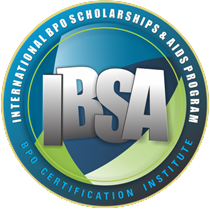-
Professional Certifications
- Get Certified
- Why BCI Credentials
- Certified Workforce
- Get Current Employees Certified
- Start a Corporate Learning Center in your Organization
- Professional Standards
- BCI Certification Exams
- Benefits
- For Starters and Entrants
- For Senior Agents
- For Team Leaders
- For Master Trainers
- For Operations Managers
- For Operations Leaders
- For Business Heads
- Enterprise Certifications
- Partner Program
- Partnering BCI
- Overview with Global Footprint
- Partnering Options
- Strategic Benefits
- Partnership Code of Ethics
- Partnership Opportunities
- Training Companies
- Universities/ Institutions
- Corporate (BPO/IT Companies)
- Governments
Other Partnership Options
- Enterprise Credentialing Partnership
- Advocacy
- Learning Facilitators
- Apply for Partnership
From the time when BPO was owned by a syndicate of few nations like India to the complete transformation of the face of it, BCI has been the witness to it all.
- About BCI
- Certifications for BPO Professionals
- BPO Skills Development & Talent Breeding Solutions for Nations
- BPO Employability Solutions for Nations
- Talent Transformation Solutions for BPO Companies
- Service Delivery Quality Certification for BPO Enterprises
- BPO Industry Growth Advisory for Governments
- Research Service & Solutions for BPO Industry
- Contact Us
- Useful Links




